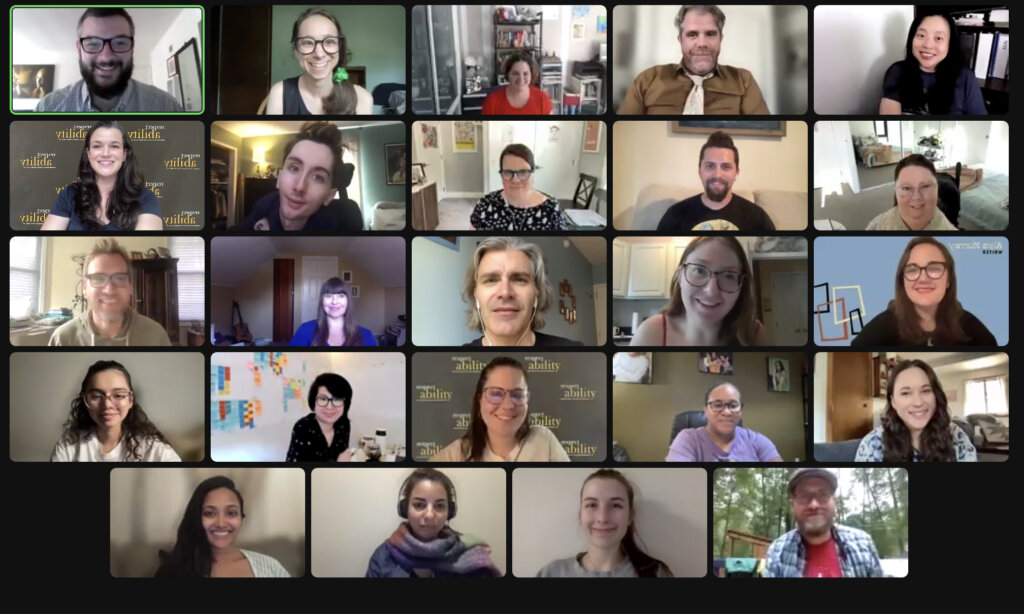
Disabled Film Writers (Top Row, L-R: Shea Mirzai, Amy Fox, Megan Metzger, Michael J. Dougherty, and Hyunjin Jo) speak to 2022 Virtual Cohort of the RespectAbility Entertainment Lab
Los Angeles, CA, Sept 1 – Feature writing is an important topic covered in the RespectAbility Entertainment Lab. As such, a panel of film writers joined the Lab this month to discuss tips for making it in the industry as disabled writers. The panel was moderated by Shea Mirzai, Co-Chair of the WGA’s Disabled Writers Committee, a four-time honoree of Franklin Leonard’s annual Blacklist and an alumnus of the 2020 RespectAbility Entertainment Lab as a Mid-Career/Mentor, as well as a Person who Stutters. Mirzai discussed the impact of his intersecting identities, including being a part of the LGBTQIA+ community as well as a first generation Iranian-American. The panelists included Megan Metzger, who is most known for writing Netflix’s The Princess Switch movie series; Michael J. Dougherty, an alumnus of the 2019 RespectAbility Entertainment Lab, screenwriter and founder of the Los Angeles ReelAbilities Film Festival who describes his work as dark; Amy Fox, who started out as a playwright, but transitioned to film, focusing on overlooked women who carved a space for themselves in careers dominated by men; and Hyunjin Jo, a writer, producer, and director who is known for writing adaptations.
The panelists stressed the importance reading has on one’s ability to be an effective writer. Mirzai shared his experience serving as Head of the Story Department at a now-defunct mini-major studio where he read thousands of scripts, many of which were not up to snuff.
“A huge benefit of that,” he says, “was I was able to figure out all the stuff that I shouldn’t be writing.” [continue reading…]


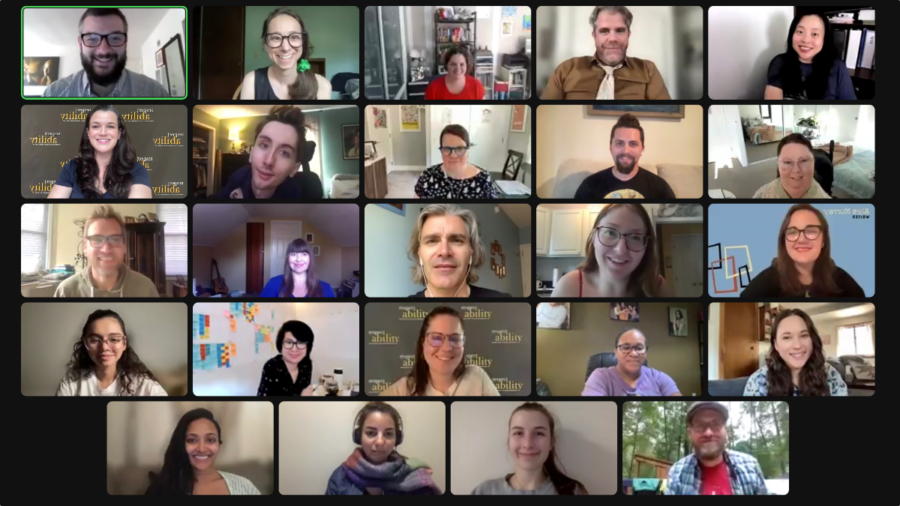
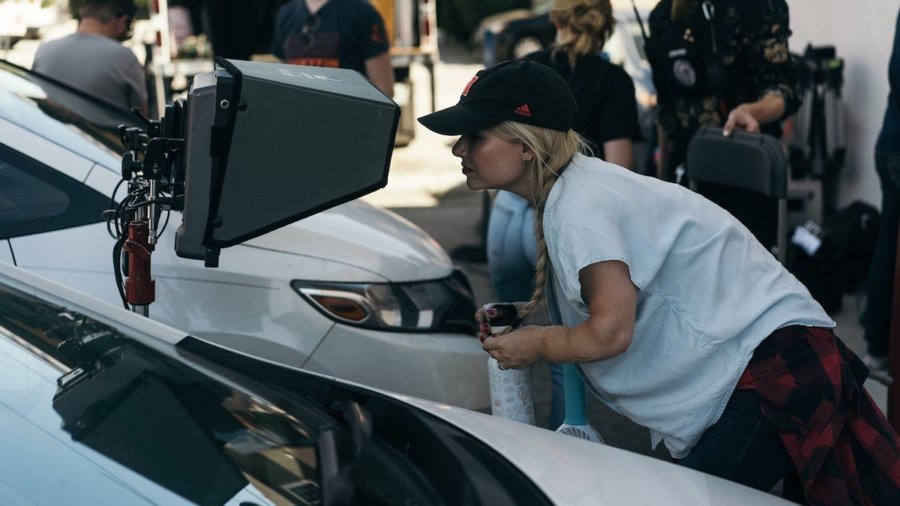
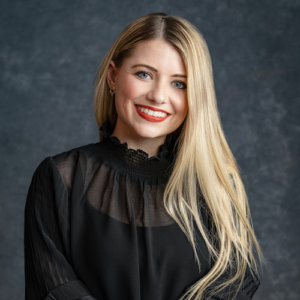 Los Angeles, CA, Aug. 30 – With 20 Lab Fellows interested in writing and directing, the Virtual Cohort of the RespectAbility Entertainment Lab eagerly welcomed Writer/Director Ashley Eakin for a discussion on working in the entertainment industry. Eakin is a writer and director known for Netflix’s Forgive Us Our Trespasses (2022), Single (2020), and the Apple TV+ show Best Foot Forward (2022). Eakin also participated in RespectAbility’s 2019 and 2020 Entertainment Lab, and served as a Faculty Advisor for the 2021 Lab.
Los Angeles, CA, Aug. 30 – With 20 Lab Fellows interested in writing and directing, the Virtual Cohort of the RespectAbility Entertainment Lab eagerly welcomed Writer/Director Ashley Eakin for a discussion on working in the entertainment industry. Eakin is a writer and director known for Netflix’s Forgive Us Our Trespasses (2022), Single (2020), and the Apple TV+ show Best Foot Forward (2022). Eakin also participated in RespectAbility’s 2019 and 2020 Entertainment Lab, and served as a Faculty Advisor for the 2021 Lab.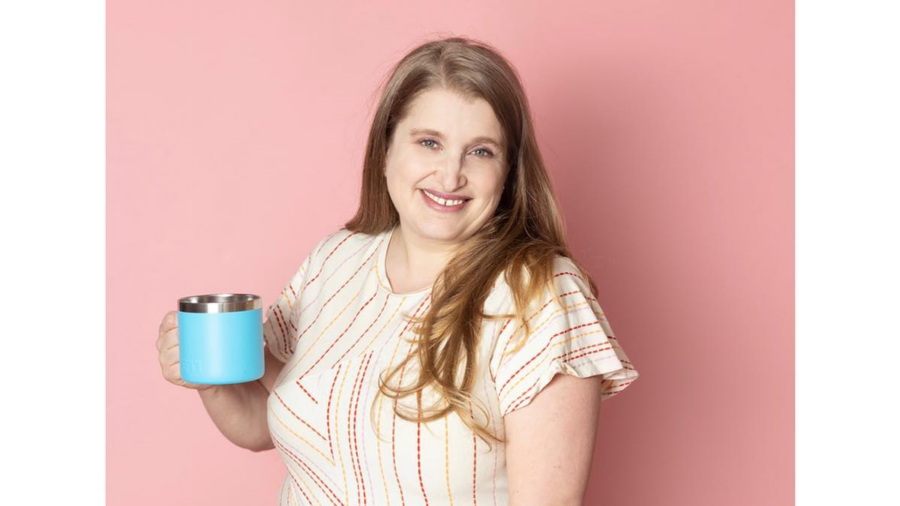
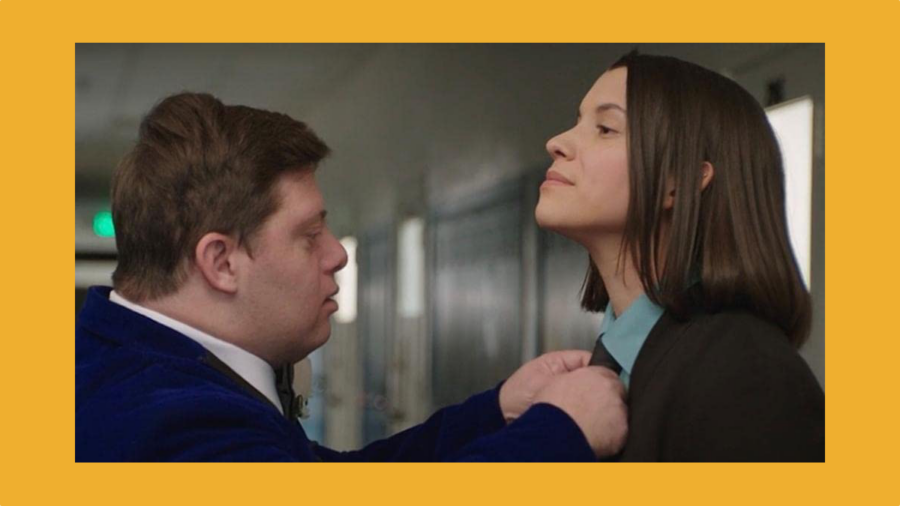
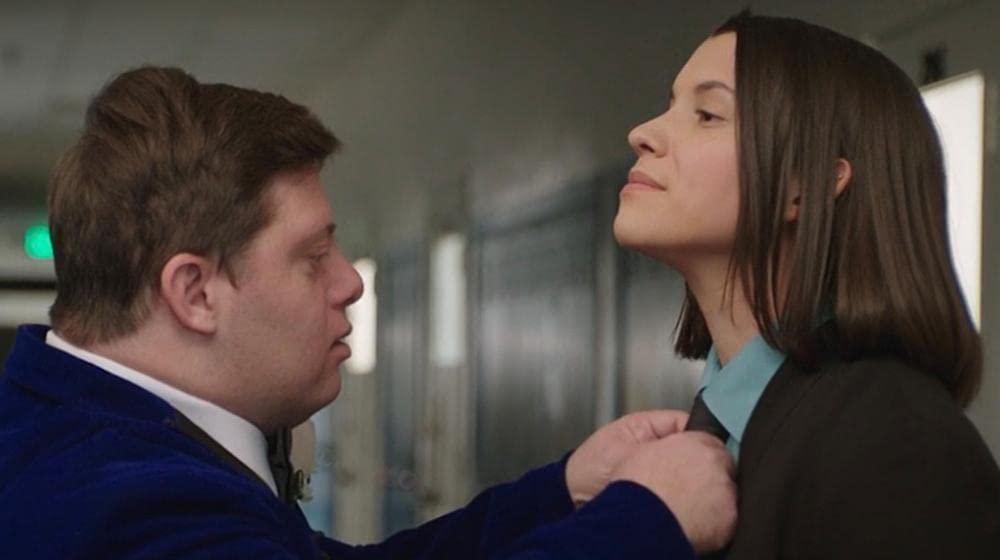 When one thinks of the stereotypical high school experience, a few things might come to mind: football games, classes, graduation, cliques, or even first loves. In her short film, AT LAST, director Lorena Gordon explores identity at the most quintessential high school experience of all: prom.
When one thinks of the stereotypical high school experience, a few things might come to mind: football games, classes, graduation, cliques, or even first loves. In her short film, AT LAST, director Lorena Gordon explores identity at the most quintessential high school experience of all: prom.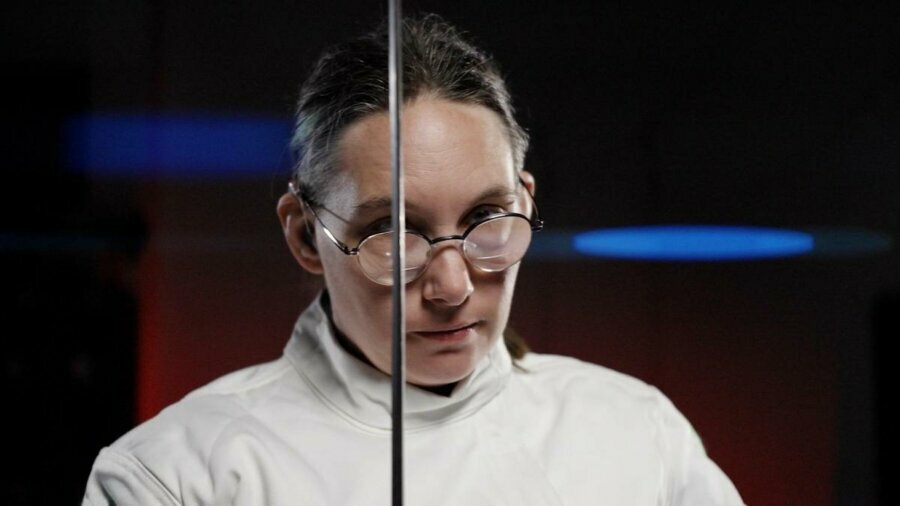
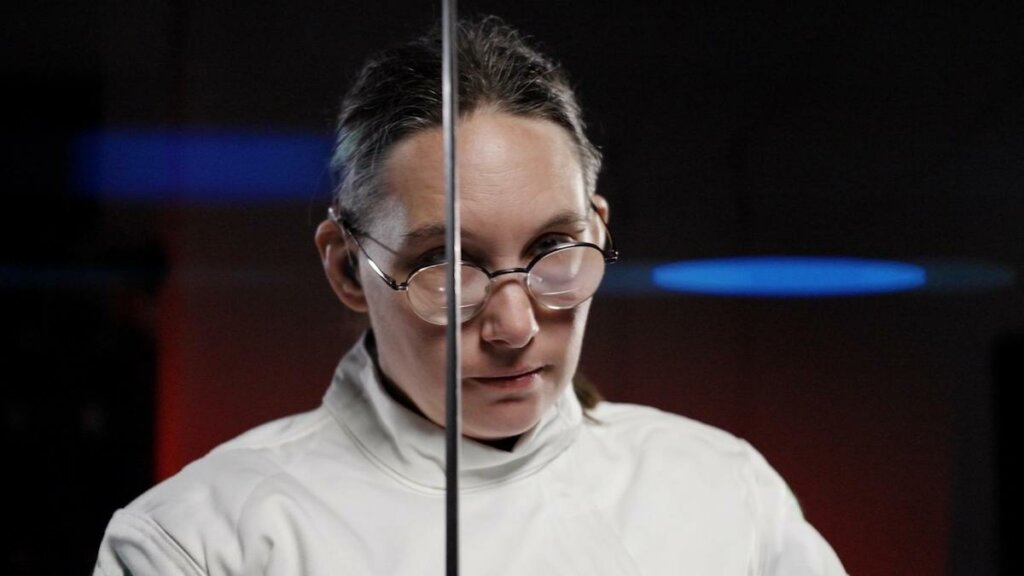
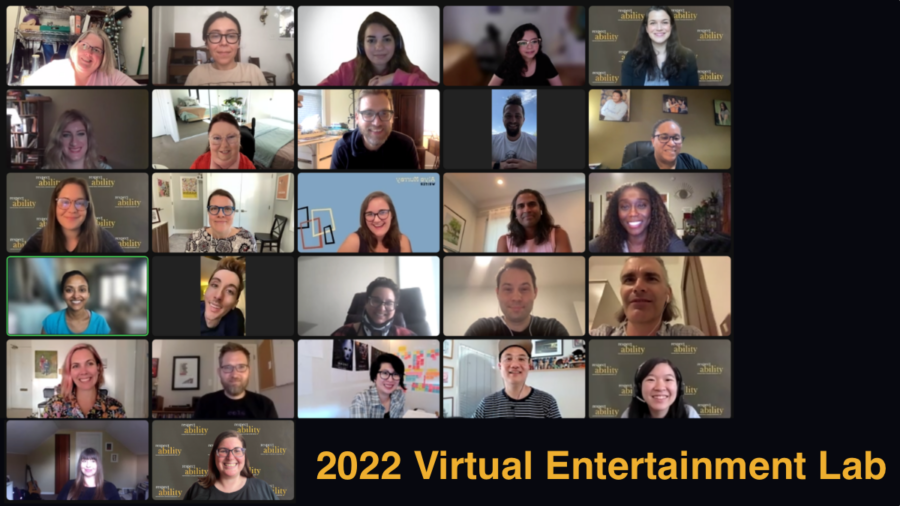
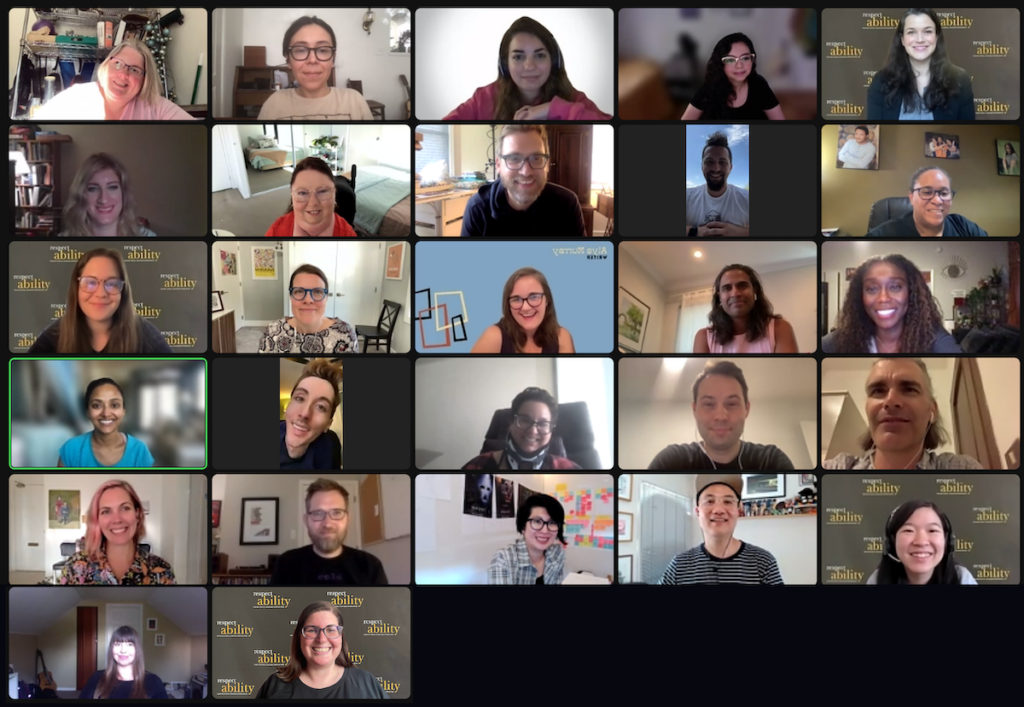
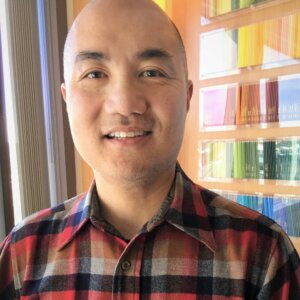
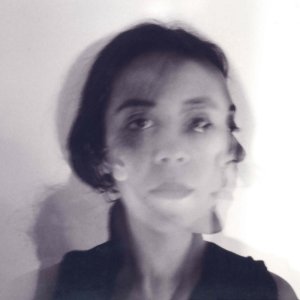
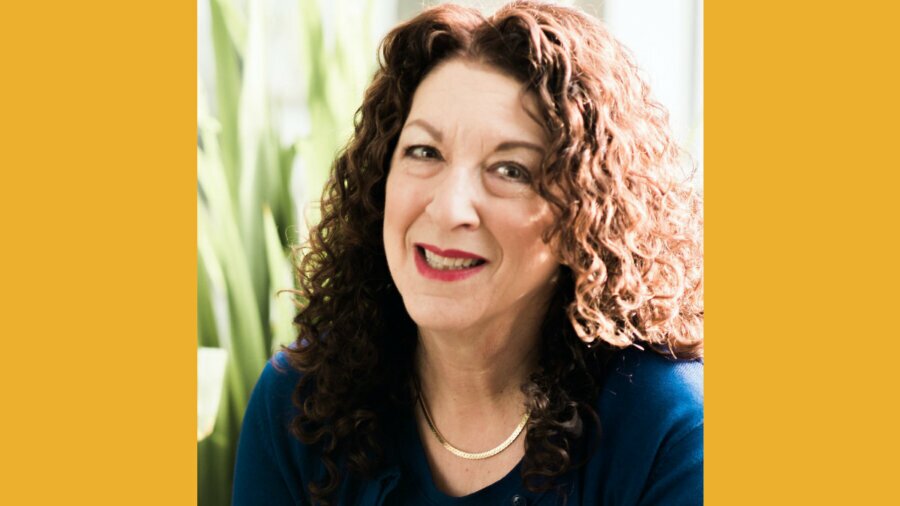
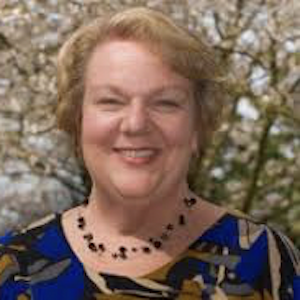
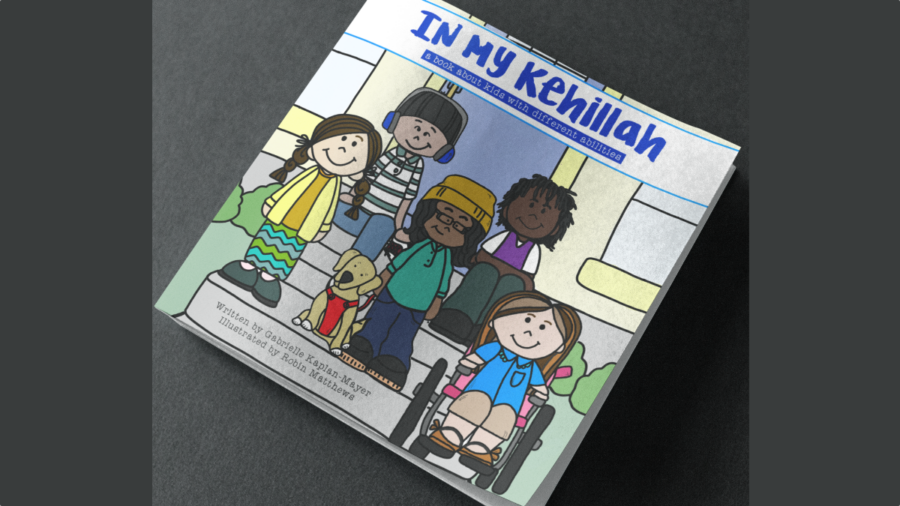
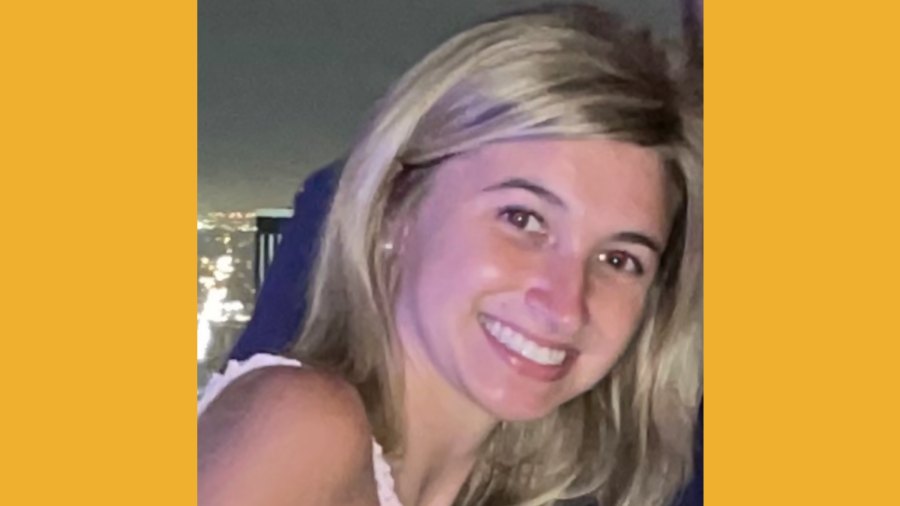
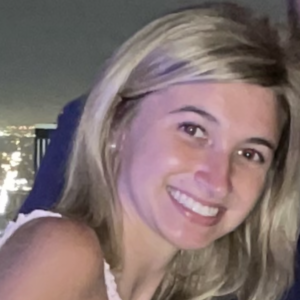
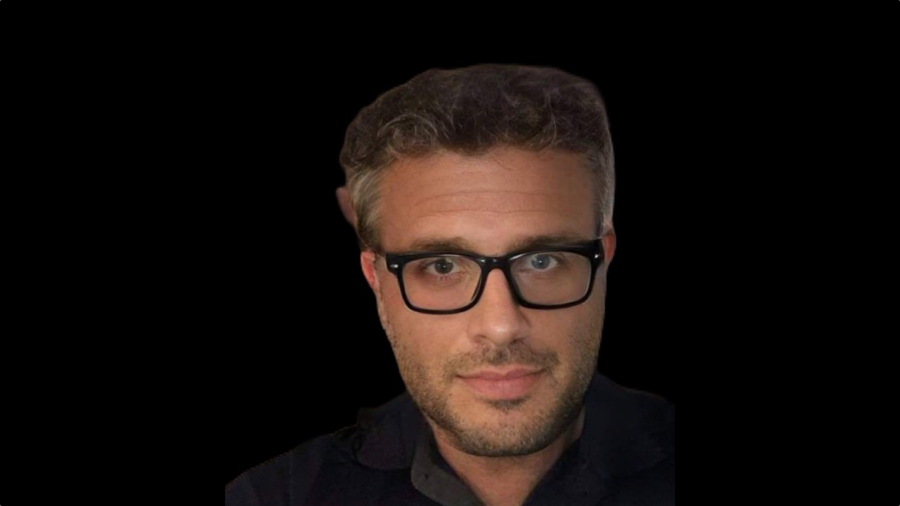
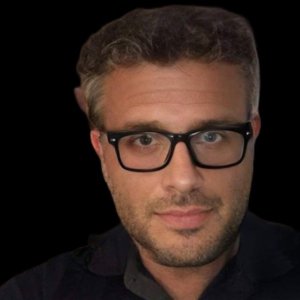 After two years of studying Hebrew, Jewish history, rituals, Torah, and Haftorah readings, the day I yearned for had finally arrived. I was invited to go to the bima (the raised platform in the synagogue from which the Torah is read and services led) to read the Torah for the first time…as an adult Bar Mitzvah. I got up from the pew and walked with the solemnity of a monarch, all regal. My kippah (the cap worn to fulfill the customary requirement that the head be covered) was my crown, my yad was my scepter, and my tallit (a fringed garment worn as a prayer shawl) was my coronation mantle.
After two years of studying Hebrew, Jewish history, rituals, Torah, and Haftorah readings, the day I yearned for had finally arrived. I was invited to go to the bima (the raised platform in the synagogue from which the Torah is read and services led) to read the Torah for the first time…as an adult Bar Mitzvah. I got up from the pew and walked with the solemnity of a monarch, all regal. My kippah (the cap worn to fulfill the customary requirement that the head be covered) was my crown, my yad was my scepter, and my tallit (a fringed garment worn as a prayer shawl) was my coronation mantle.

